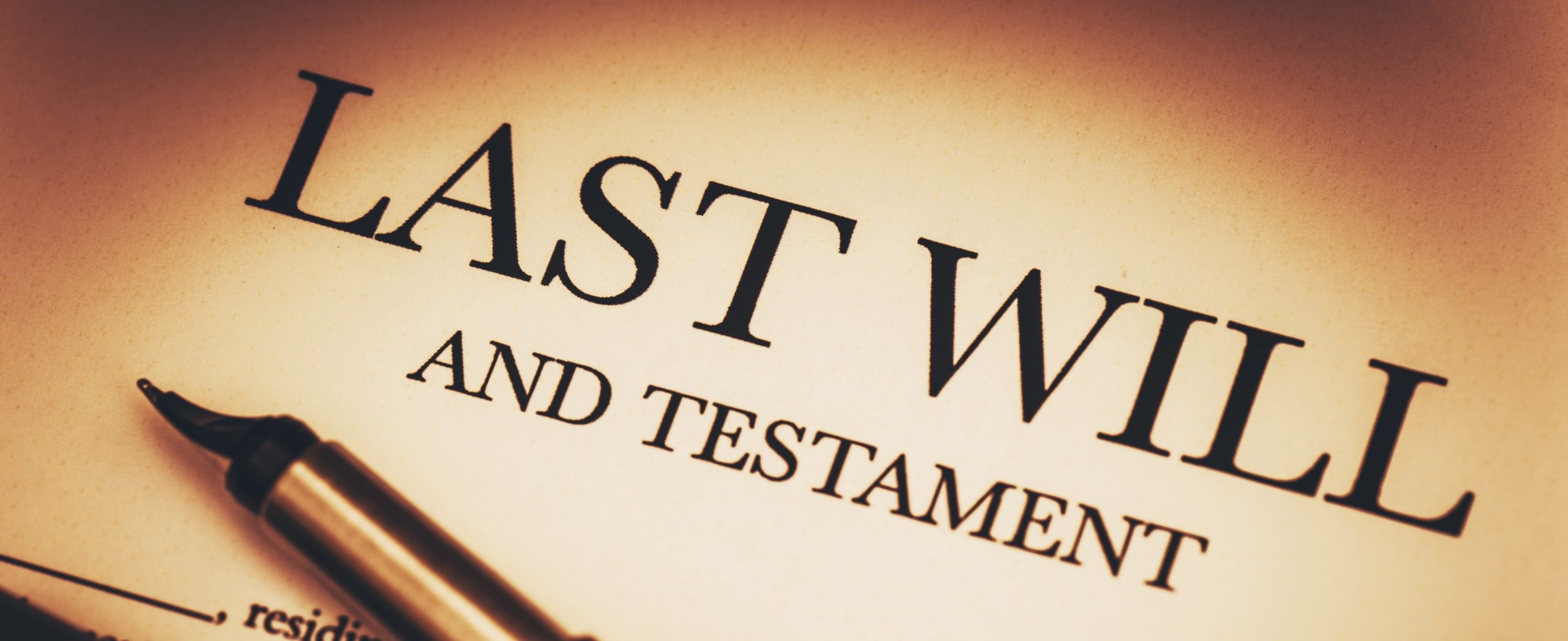With the rise of digital assets in the 21st century, have you considered how your intangible assets are dealt with after your death?
The Impact of Marriage or Civil Union on Wills
Getting married or entering into a civil union may have the unintended consequence of revoking a will, while the end of a marriage or civil union may prevent a former spouse or partner from being able to act as an executor of or receive a benefit from a deceased estate. The age at which a person is able to make a will depends upon whether or not the will-maker is or has been married or in a civil union.

What happens to my will if I marry or enter into a civil union after the will is made?
If you marry or enter into a civil union after you make your will, your will is automatically cancelled UNLESS it specifically states that it is made in contemplation of your marriage or civil union to a named person. (The will can also specify that it is not conditional upon the marriage or civil union taking place.)
If you die in circumstances where your will has been cancelled by a later marriage or civil union, you are said to have died intestate, and the division of your assets is carried out according to the law in the Administration Act. This may not be what you wanted to happen with your assets.
If you are talking to your lawyer about making a will, and you are in an established de facto relationship or thinking about getting married or entering into a civil union, it’s important to let the lawyer know, so that you can receive advice and choose whether or not to make your will “in contemplation of” the marriage or civil union.
What is the effect on my will if my marriage or civil union ends?
If you have appointed your spouse or civil union partner to be an executor in your will, and later get a court order for separation from that spouse or partner, or an order dissolving the marriage, your former spouse or partner cannot act as an executor when you die; the will must be read as if the former spouse or partner died immediately before you. Further, if your former spouse or partner is a beneficiary under your will, that beneficial interest is cancelled.
HOWEVER, if there is a separation order or order for the dissolution of your marriage or civil union in place, but you still want to appoint your former spouse or partner to be an executor and/or benefit from your estate, then you must make this intention clear in the wording of your will.
If you and your spouse or partner have separated and signed an agreement recording your separation and settlement of division of your relationship property, that agreement is not a court order, and any appointment of your spouse or partner as an executor in your will, or any gift to the spouse or partner in your will still stands, as, legally, you are still married or in the civil union.
If you want to exclude a spouse or partner from your will after a separation and before the marriage or civil union is dissolved by court order, it is a good idea to make a new will which specifically states that you have made no provision for your spouse or partner because you are separated and living apart.
How old do I have to be before I can make a will?
You may make a will if you are 18 years or older. HOWEVER in some circumstances you can make a will if you are under 18, including if you are married or in a civil union or de facto relationship, or have been married or in a civil union or de facto relationship.
It is important that your will reflects your personal circumstances, and that you are not “caught out” by a failure to update your will if your circumstances have or are likely to change.
This article is current as at the date of publication and is only intended to provide general comments about the law. Harkness Henry accepts no responsibility for reliance by any person or organisation on the content of the article. Please contact the author of the article if you require specific advice about how the law applies to you.
For further information



